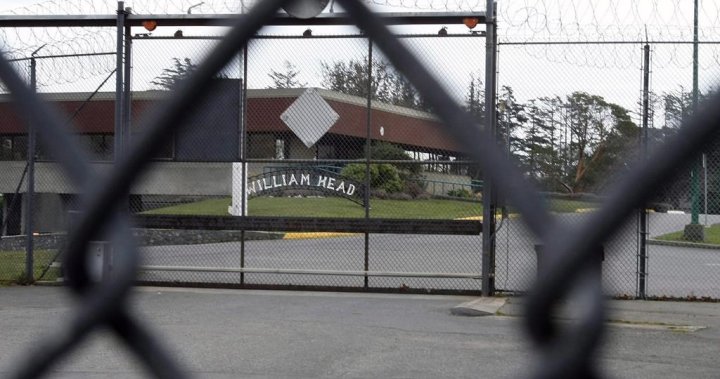A man named David Anthony Lowe, who was convicted of first-degree murder for killing his business partner in Port Coquitlam, British Columbia in 1994, has died in prison at the age of 59. Lowe was an inmate at William Head Institution near Victoria at the time of his death, and the Correctional Service Canada has reported that he died of apparent natural causes. The circumstances surrounding his death are currently being reviewed, and both the police and the coroner have been notified about the incident.
Lowe’s conviction for first-degree murder came in 2004, a decade after the crime was committed. The Crown argued during his trial that his motive for killing his business partner, William Rudy, was financial in nature. The trial revealed that Lowe had confessed to undercover officers, who were posing as members of a criminal gang, that he had killed his partner at a nightclub where the two men shared a business interest. It took almost ten years to bring Lowe to trial based solely on the statements he made to the undercover officers.
The death of David Anthony Lowe in prison raises questions about the justice system’s handling of the case and the lengthy process that it took to bring him to trial. The fact that Lowe was able to freely admit to the crime to undercover officers suggests flaws in the initial investigation or delays in pursuing the case. The circumstances surrounding Lowe’s death are now under review by authorities to determine if there were any issues that may have contributed to his passing.
The case of David Anthony Lowe serves as a reminder of the complexity and challenges of prosecuting murder cases, especially when the motive is not immediately clear or apparent. The use of undercover officers to elicit a confession from Lowe highlights the innovative strategies that law enforcement agencies may employ to secure evidence in difficult cases. The length of time it took for Lowe to stand trial also underscores the need for continued improvements in the criminal justice system to ensure timely and fair proceedings for all involved parties.
The death of Lowe in prison also raises questions about the conditions and care provided to inmates, especially those serving long sentences for serious offenses like murder. The Correctional Service Canada’s statement about Lowe’s death of apparent natural causes may prompt further scrutiny into the medical care and monitoring of inmates in federal facilities. It is important for authorities to thoroughly investigate Lowe’s death to determine if there were any lapses in his care that may have led to his passing and to prevent similar incidents in the future.
Overall, the passing of David Anthony Lowe, a convicted murderer, in prison prompts a reexamination of the criminal justice system, the challenges in prosecuting murder cases, and the care provided to inmates serving lengthy sentences. Lowe’s case sheds light on the complexities of investigating and prosecuting serious crimes and the importance of continuous improvements in the system to ensure effective and timely justice for all. Authorities are now tasked with reviewing the circumstances of Lowe’s death to address any potential concerns and to uphold the standards of care and accountability in federal correctional institutions.













